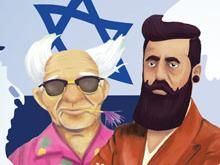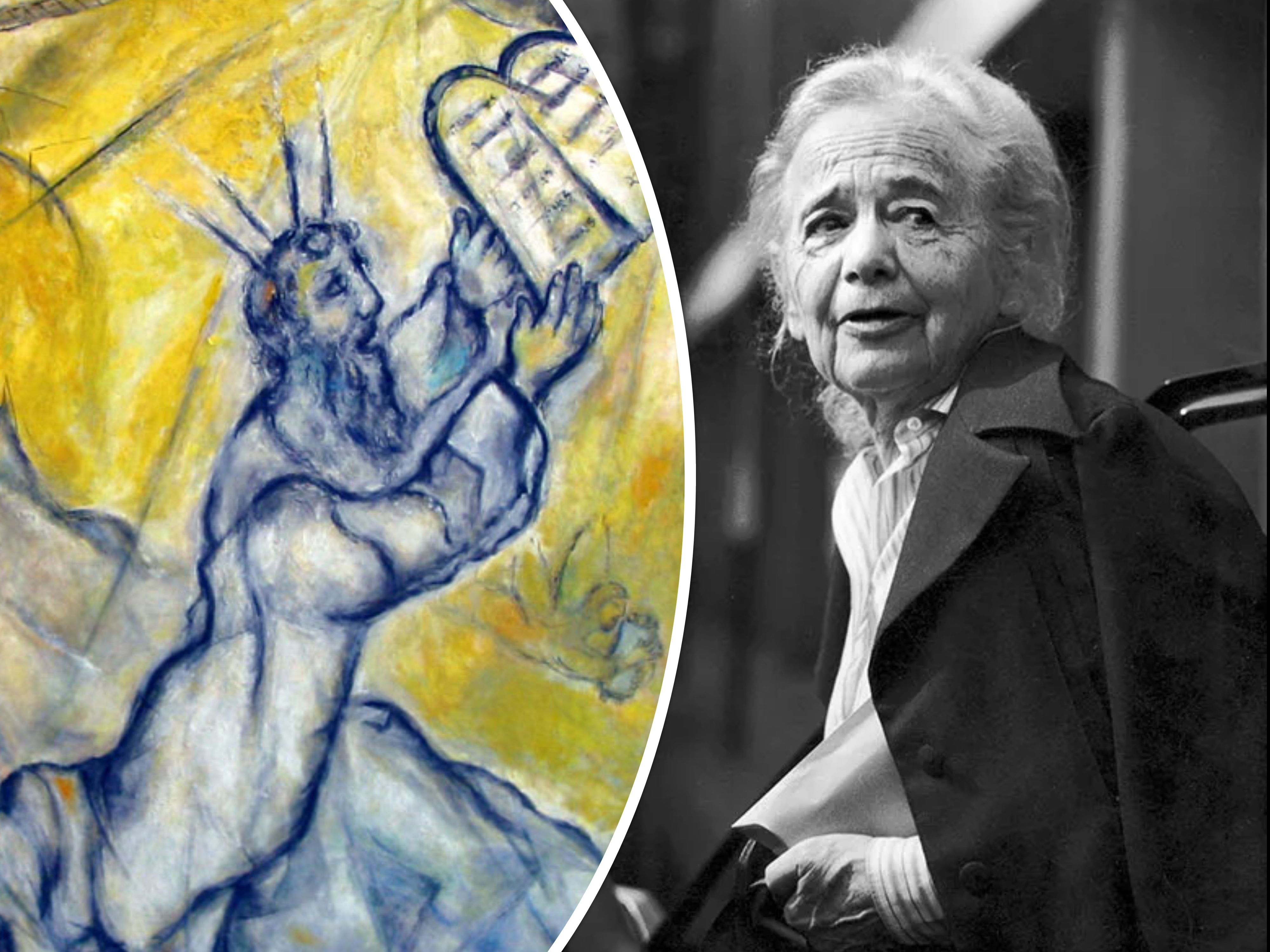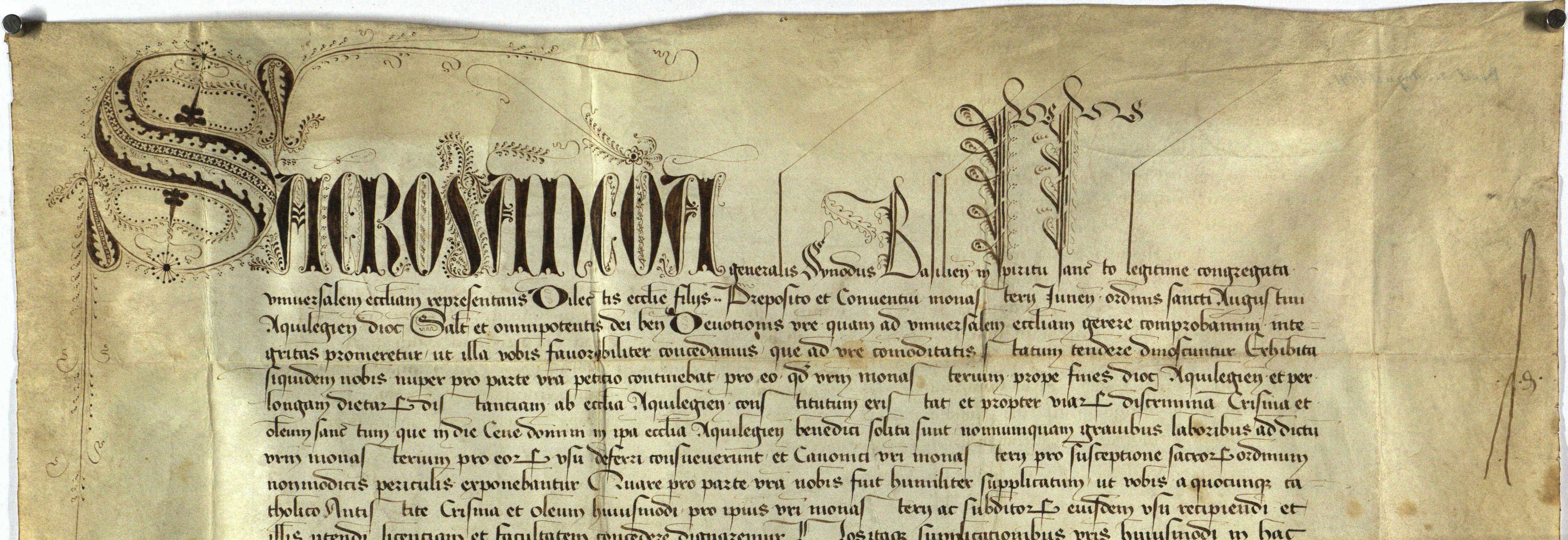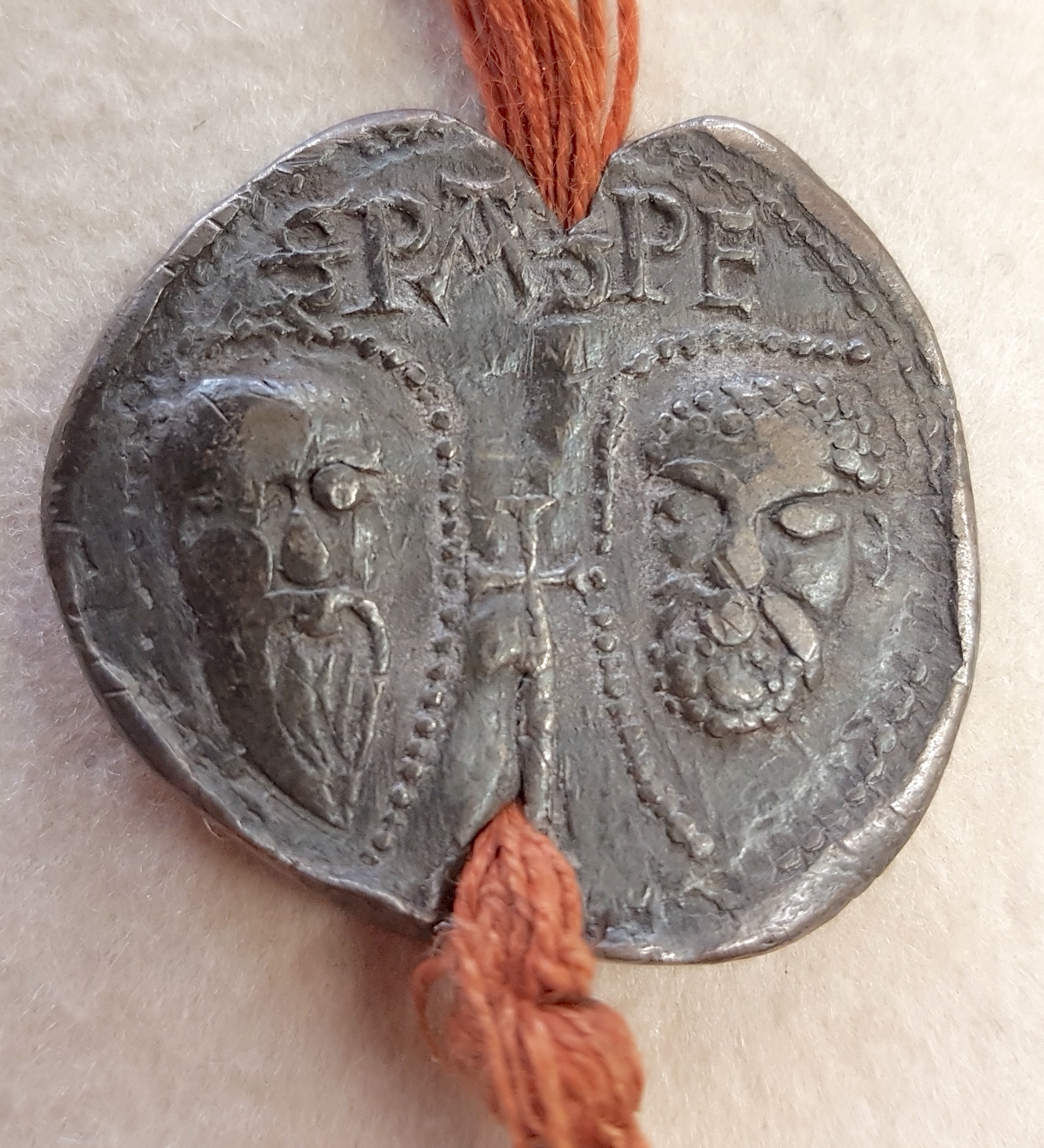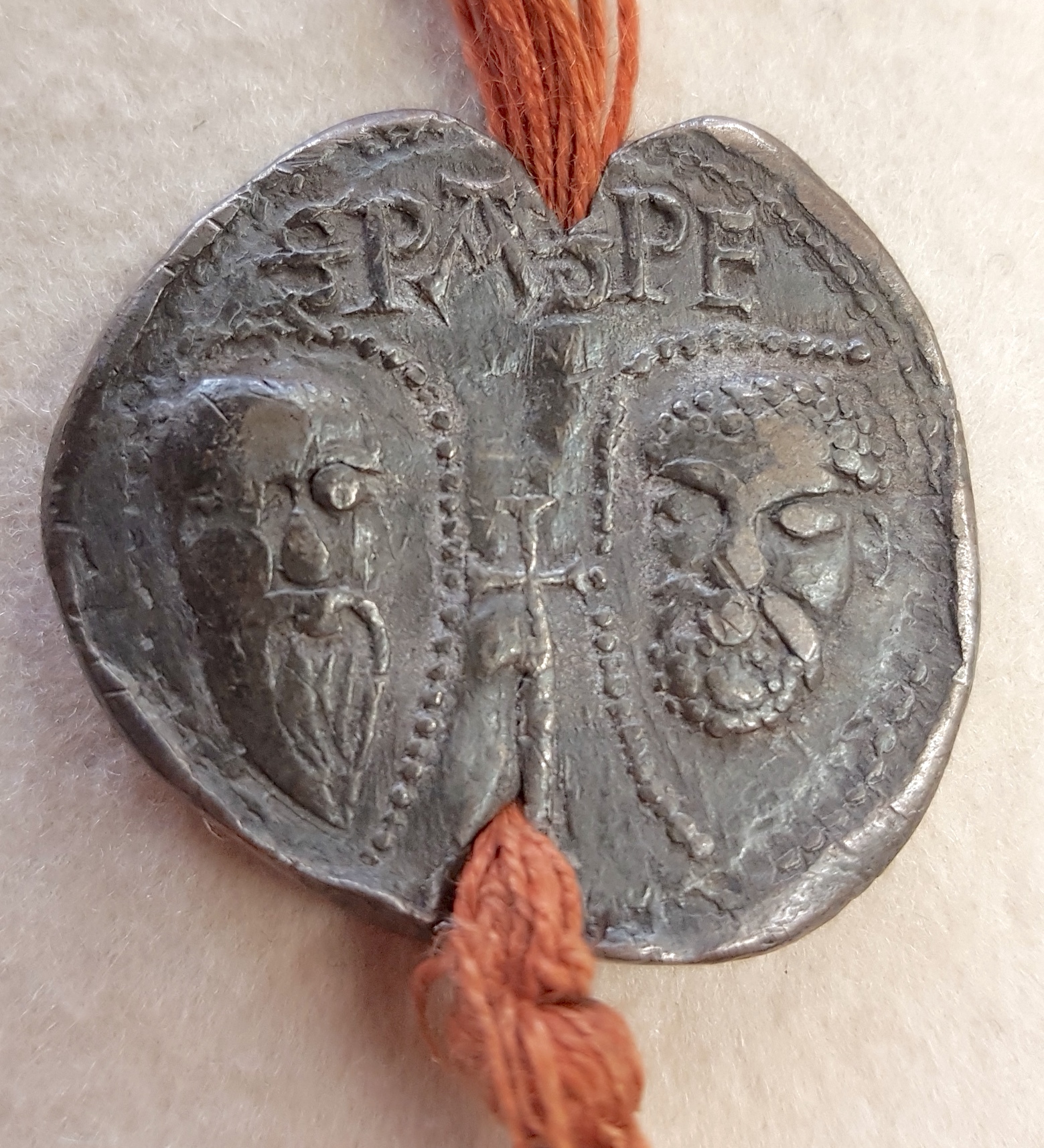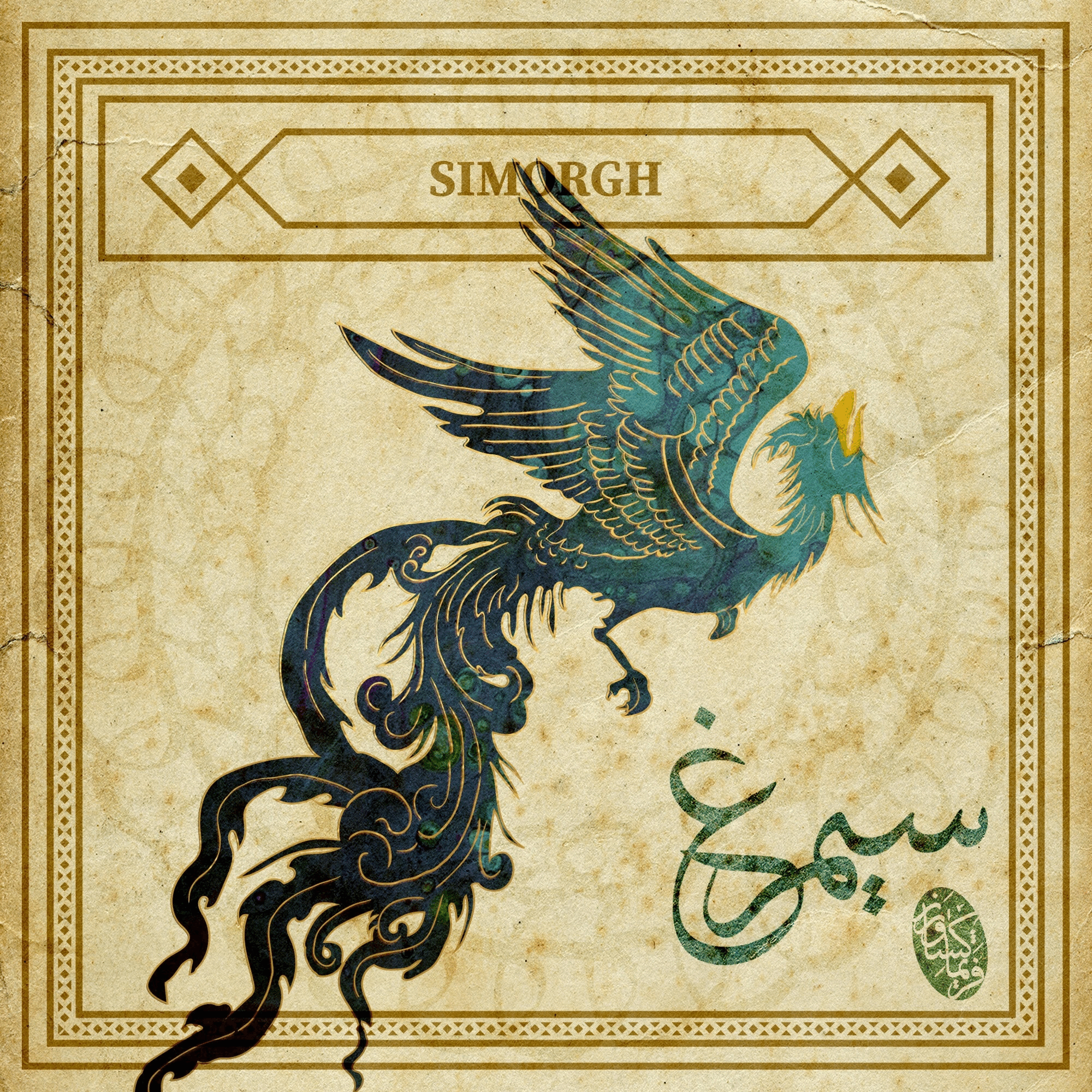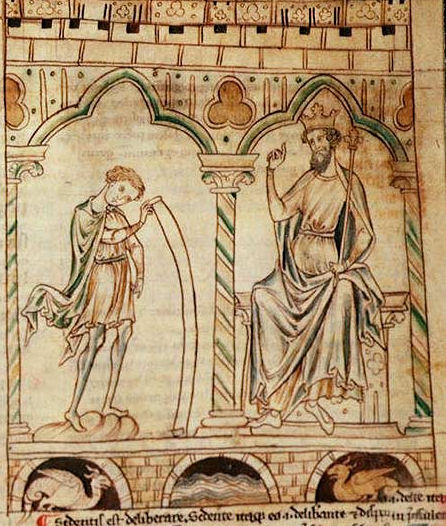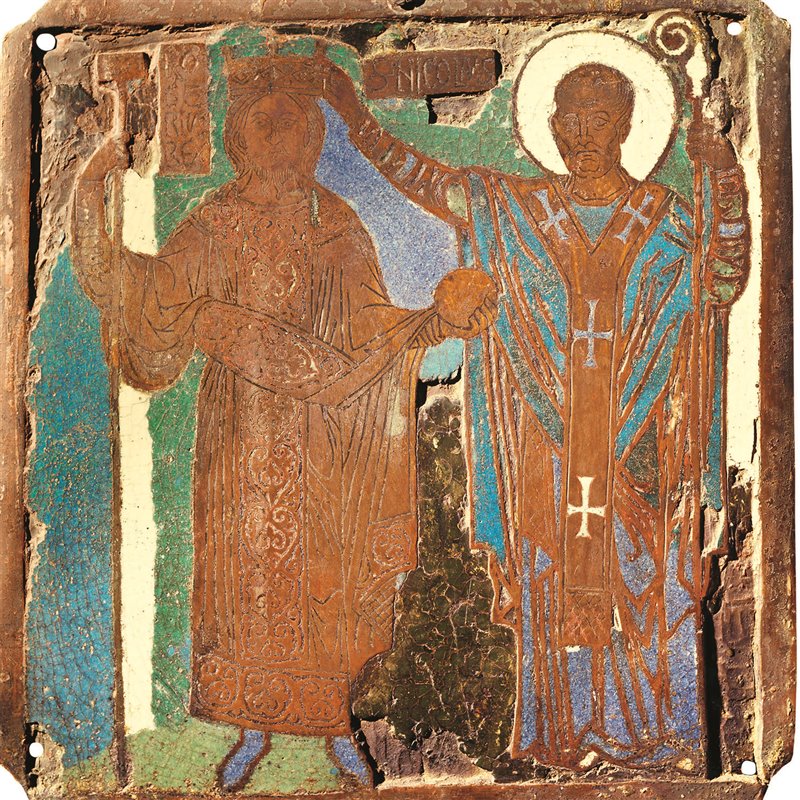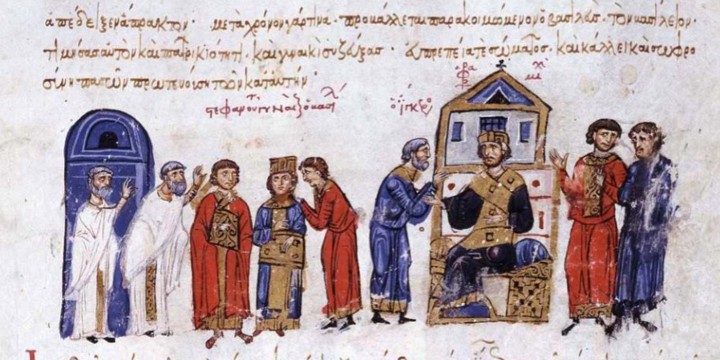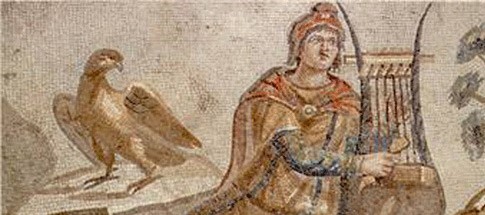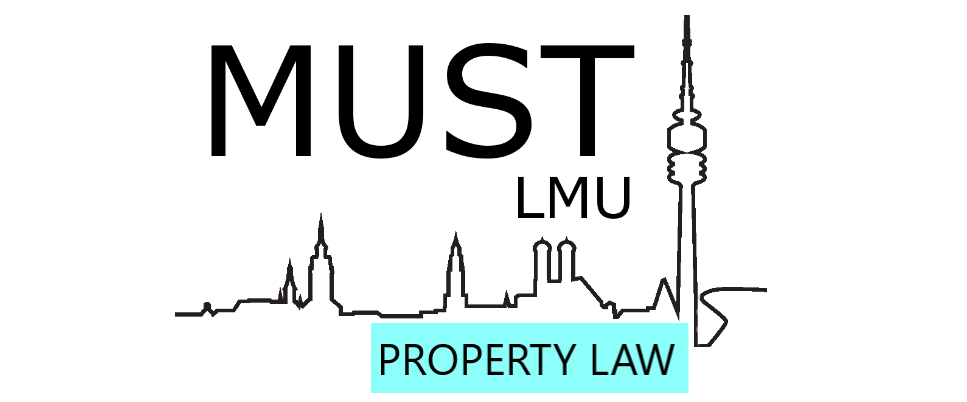Course description
This
modular course provides students with the main insights into the methodology of
economic experiments. Students will learn how economic experiments can help
identify causal effects (via randomization) and thereby complement and advance
other empirical methods.
We will discuss the different purposes of economic
experiments as well as different types of economic experiments. Most emphasis
is put on how to design economic experiments (e.g., within- vs.
between-subjects designs, how and what to measure, how and on what level to
randomize on, how to avoid potential selection or attrition, how to write instructions
for lab and online experiments, etc.).
In different modules, we will discuss
the measurement of preferences (e.g., risk, time, and social preferences), beliefs,
and actions, and shed light on important methodological aspects (such as the
use of multiple price lists, convex budget sets, and the strategy vs. the
direct response method).
We will also discuss the process of planning and
running an economic experiment (including preregistration, ethics approval, available programming
/ implementation options, data storage, and data privacy issues) and the
principles of analyzing experimental data.
Time and place
Lecture
Tuesday, 10.15-11.50am (including 5min break) at Geschw.-Scholl-Pl. 1 (A), Room A 016
We will stream the lecture
also in zoom (for those who cannot attend in person and plan to place
provide video recordings accessible via moodle.
Tutorial (blocked on three days)
Nov 25 - Research Questions Pitches (10am-6pm)
Room tbd
Dec 15 - Design Presentations I (10am-6pm)
Room tbd
Dec 16 - Design Presentations II (10am-6pm)
Room tbd
We plan to stream the blocked tutorials (student presentations) but not record them.
Examination
Term paper
(~ 45000 characters) including:
- Research
design proposal & pre-analyses plan (PAP) for one of two research
questions (two best proposals made by participants)
- data analyses (data simulated by Woerner/Schudy based on submitted research design and PAP)
Important deadlines
- Deadline for upload of proposal for research question (short pitch on your favorite RQ): Nov 24, 2022
- Deadline for upload of presentations of design: Dec 14, 2022
- Deadline for upload of written design proposal & pre-analyses plan (this is a part of the term paper): Jan 13, 2023
- Final submission of term paper: Mar 7, 2023
Planned schedule (14 Lectures)
1.Introduction
2.Basic design elements
3.Specific design elements
4.Interaction in
experiments
5.Procedure lab &
online experiments
6.Procedure field experiments
7.Measuring risk & time preferences
8.Measuring social & moral & other preferences
9.Measuring expectations
10.Non-parametric analysis
11.Parametric analysis
12.Structural estimation
13.Trust in
experimental results
14. Q & A
Course-related
references
Books
Jacquemet, N., & l'Haridon, O. (2018). Experimental economics.
Cambridge University Press.
Moffatt, P. G. (2015). Experimetrics: Econometrics for
experimental economics. Macmillan International Higher Education.
Overview Articles
Al-Ubaydli, O., & List, J. A. (2012). On the
generalizability of experimental results in economics (No. w17957).
National Bureau of Economic Research.
Croson, R., & Gächter, S. (2010). The science of
experimental economics. Journal of Economic Behavior & Organization,
73(1), 122-131.
Harrison, G. W., & List, J. A. (2004). Field
experiments. Journal of Economic Literature, 42(4), 1009-1055.
Samuelson, L. (2005). Economic theory and experimental
economics. Journal of Economic Literature, 43(1), 65-107.
A related “fun” read
List, J. A. (2020). Non est disputandum de
generalizability? A glimpse into the external validity trial (No. w27535).
National Bureau of Economic Research.
Additional readings will be provided within the lecture slides.
